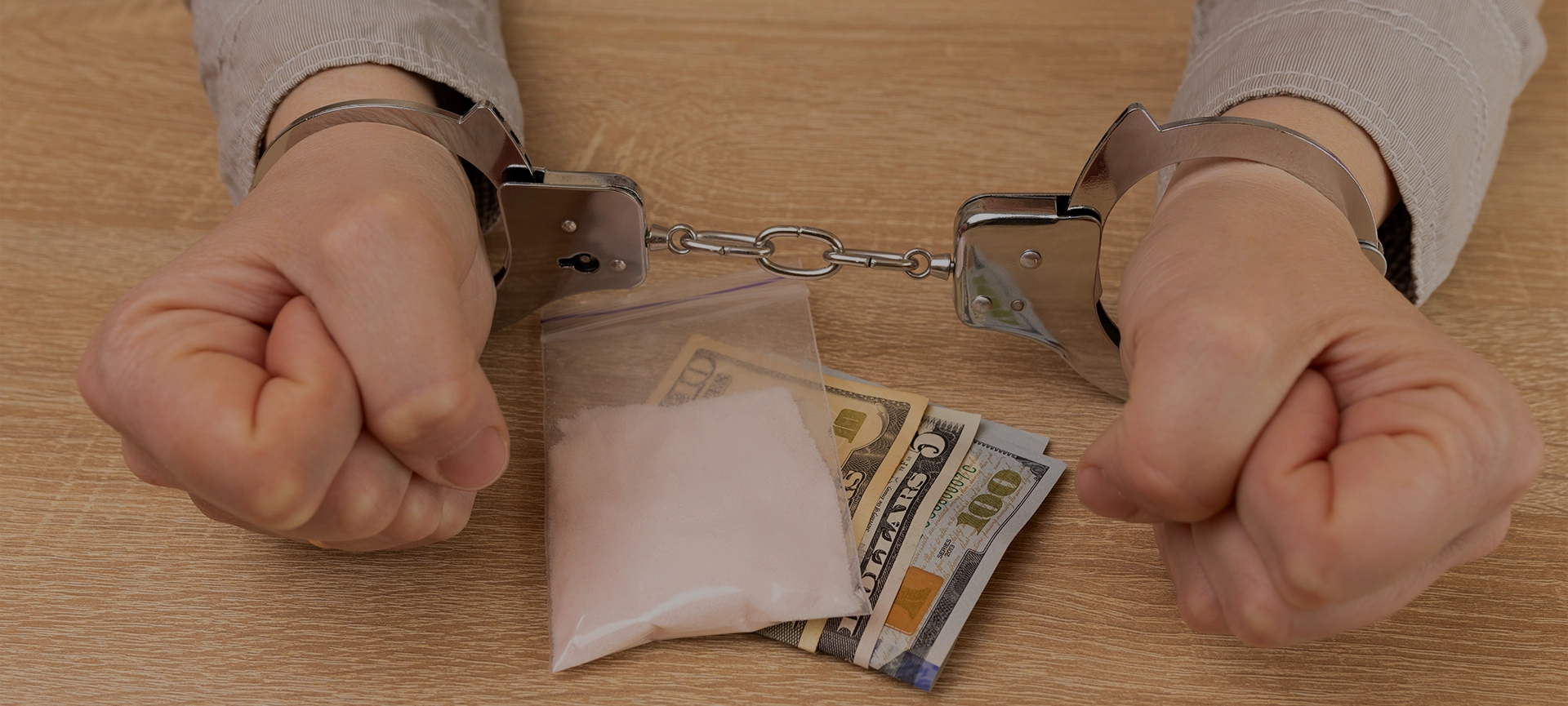A federal law requiring mandatory roadside breathalyzer tests unfairly targets those with health conditions that prevent them from giving a breath sample, according to a criminal defence lawyer.
Under the current law, which came into effect in 2018, police officers have the authority to demand an alcohol breath test from any driver they pull over.
Those who refuse to take the test, or fail to provide a proper sample, face an automatic charge, licence suspension, and fines.
[…]
Those diagnosed with conditions such as severe asthma, Bell’s Palsy, or chronic obstructive pulmonary disease (COPD), may not be able to physically provide an alcohol breath sample, but have no legal protection from potential charges, argues Ottawa-based lawyer Michael Spratt.
“You need to have a sufficient seal—it’s like drinking through a straw—so that you can blow into the machine. You need to produce enough volume of breath to actually trigger the machine,” Spratt, a criminal defence lawyer at Abergel Goldstein & Partners, told CTV’s Your Morning.
“I’ve had clients who have breathing difficulties, who’ve only had one lung; clients who have had different cancers and haven’t been able to form the seal. What that means is that even though they’re not impaired, even though they want to co-operate with the police, they end up being charged criminally for refusing to comply with this breath demand.”
According to Spratt, these people have no other legal recourse other than fighting the charges in court to prove their sobriety.
“You don’t have the right to say to the police officer, ‘take me back to the police station, I’ll voluntarily give you some of my blood,’” he explained.
“You don’t have that ability to make those demands when you’re a charged person, so your only recourse is to go to trial. Then the burden almost shifts to the accused person to show that there is a legitimate reason for why they can’t provide a sample.”
Currently, if a driver blows over the legal limit, secondary tests are taken at a police station to determine, for evidentiary purposes, the person’s blood alcohol concentration.
Read Nicole Bogart’s full story: CTV News



